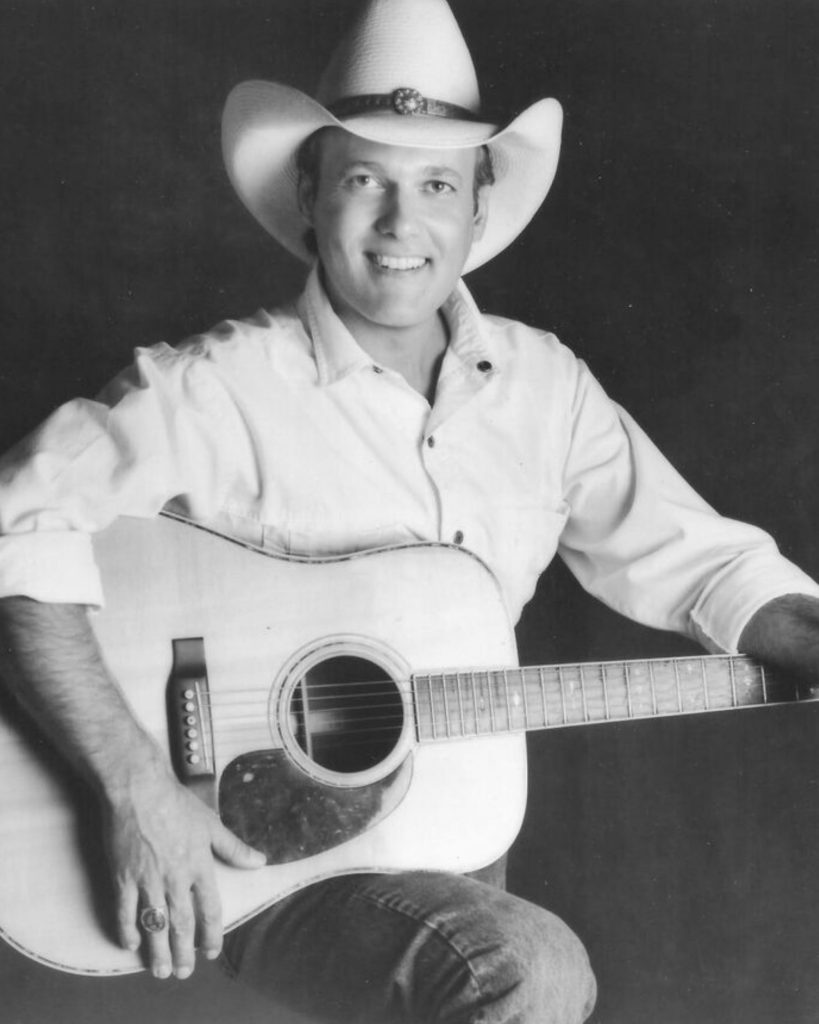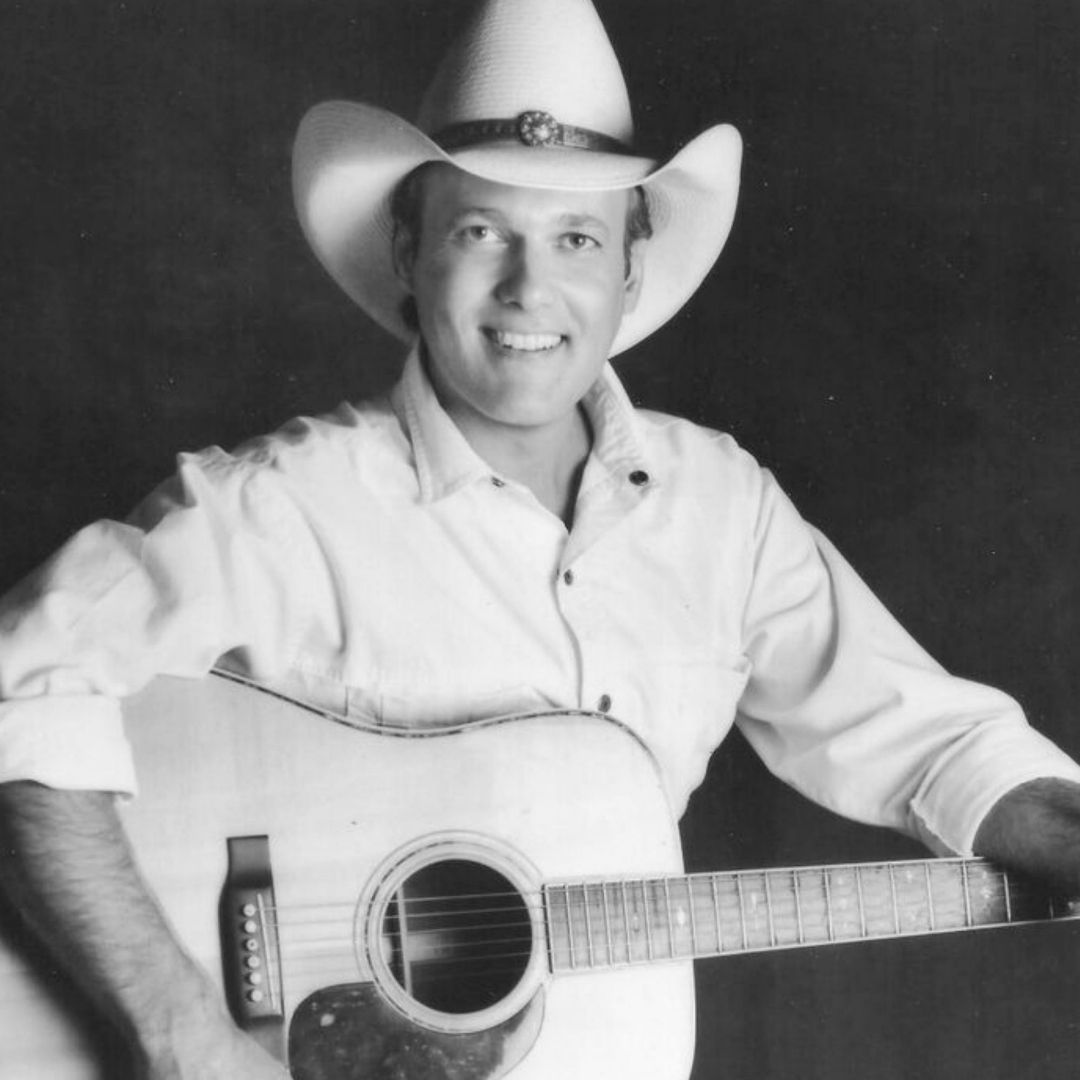
Introduction
Imagine a song that poses a universal question, one that transcends personal struggles to tap into something deeply human. That’s exactly what Don’t We All Have the Right does. The simplicity of its title belies the emotional weight it carries, especially when delivered through the soulful twang of country music. This song isn’t just about heartbreak—it’s about dignity, love, and the vulnerability of the human spirit.
About the Composition
- Title: Don’t We All Have the Right
- Composer: Roger Miller
- Premiere Date: Originally written in the 1960s; recorded by Ricky Van Shelton in 1988
- Album/Collection: Loving Proof (Ricky Van Shelton’s version)
- Genre: Country
Background
Written by the legendary Roger Miller, Don’t We All Have the Right started as a reflection of Miller’s ability to capture complex emotions in a few simple lines. While the song itself did not see immediate fame, it found a new life in Ricky Van Shelton’s hands in 1988. Shelton included it in his second album, Loving Proof, and his rendition reached No. 1 on the Billboard Hot Country Songs chart, cementing its place in the annals of country music.
Miller’s introspective lyrics paired with Shelton’s rich, emotional delivery created a timeless piece that resonated with audiences. The song became a voice for those grappling with rejection and yearning for validation, making it one of the standout tracks of its era.
Musical Style
The musical arrangement of Don’t We All Have the Right is quintessentially country: rich with steel guitar, gentle fiddle, and an understated rhythm section. Its moderate tempo and classic 4/4 time signature make it a song that feels immediately familiar, while the melody evokes a bittersweet longing.
Shelton’s vocal performance adds an extra layer of depth. His ability to convey vulnerability without slipping into melodrama is a testament to his skill as a performer. The result is a song that feels both personal and universal.
Lyrics
The lyrics of Don’t We All Have the Right explore themes of heartbreak, rejection, and the search for emotional justice. Lines like:
“Don’t we all have the right to be loved?”
strike at the heart of human longing. The song’s strength lies in its simplicity, with its direct language allowing listeners to project their own experiences onto the narrative. It’s not just a story—it’s a mirror.
Performance History
Ricky Van Shelton’s 1988 recording brought the song to mainstream prominence. His rendition not only topped charts but also became a staple in his live performances. Over time, the song has been covered by other artists, but Shelton’s version remains definitive, thanks to his nuanced interpretation.
Cultural Impact
Don’t We All Have the Right resonated with audiences during a time when country music was embracing themes of vulnerability and introspection. It has since been featured in compilations of classic country hits, keeping its legacy alive. The song’s universal message has made it a favorite for listeners seeking solace and understanding in the face of rejection.
Legacy
Decades after its release, Don’t We All Have the Right remains a poignant reminder of Roger Miller’s songwriting genius and Ricky Van Shelton’s interpretative brilliance. Its themes continue to resonate, making it relevant for new generations of listeners. The song’s simplicity is its greatest strength—it doesn’t just ask a question; it makes us feel the answer.
Conclusion
Don’t We All Have the Right is a song that refuses to age, thanks to its universal themes and heartfelt delivery. If you’ve never listened to it, I recommend starting with Ricky Van Shelton’s recording—it’s a masterclass in emotional storytelling. Whether you’re a long-time country fan or new to the genre, this song has something profound to offer. So, put it on, close your eyes, and let it remind you of the shared humanity in all our stories
Video
Lyrics
I laughed it off when she left
I thought she’d come back again
Don’t we all have the right to be wrong now and then?
She won’t come home, she says her love
Will never be mine again
Don’t we all have the right to be wrong now and then?
Guess I wasn’t so smart after all
I forgot that with love, there are two ways to fall
I laughed it off when she left
I thought she’d come back again
Don’t we all have the right to be wrong now and then?
Guess I wasn’t so smart after all
I forgot that with love, there are two ways to fall
She won’t come home, she says her love
Will never be mine again
Don’t we all have the right to be wrong now and then?
Don’t we all have the right to be wrong now and then?
